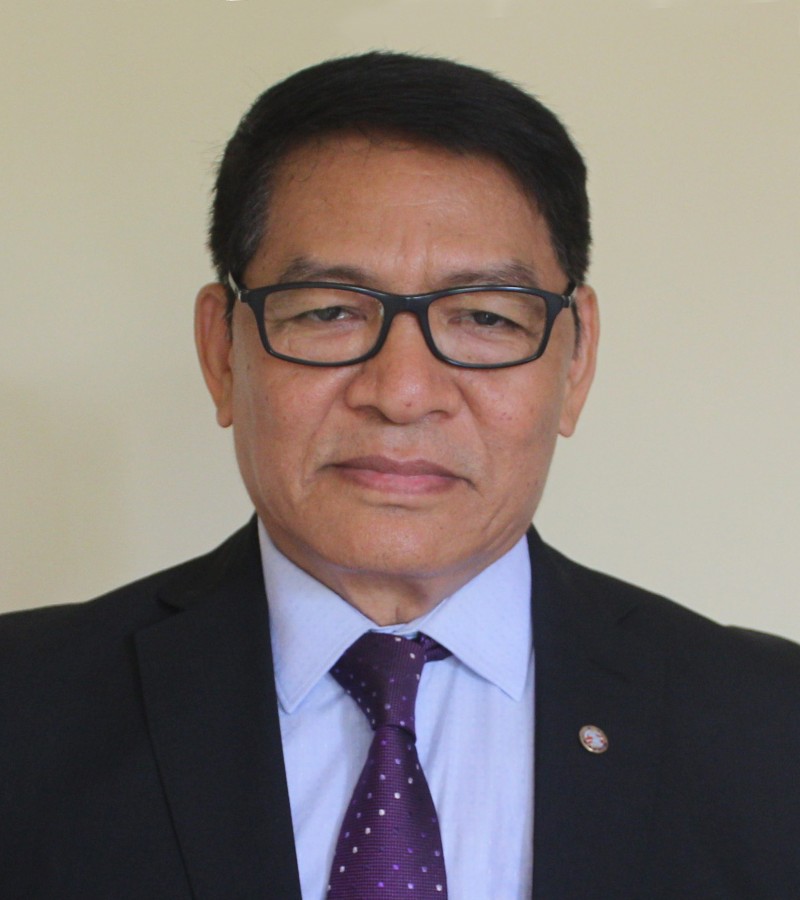Editorial
Religious Persecutions in the Land of Vivekananda and Gandhi
Opinion | Editorial | John S. Shilshi | 15-Aug-2025

The dictionary meaning of ‘persecution’ reads as ‘unfair or cruel treatment based on race, religion, or political belief’. Therefore, persecution can occur through racial discrimination or political exploitation and is not necessarily limited to the religious exploitation that is often understood in this country. In other words, the nature of persecution can vary depending on the location, timing, and method of the injustice perpetrated against the victim(s). In a land as massive as India, home to well over a billion people, 2.3% Christians is like a drop in a mighty ocean. Therefore, the majority's influence will always be felt, sometimes to a grudging extent, as has been the case in this country for many years.
To be fair, not all societal pressures on a smaller community or a religious group qualify as persecution incidents. Even in communities that are homogeneous, those who are less privileged experience a sense of deprivation. For example, a Christian individual roughed up by a group of inebriated rowdy youngsters on the street or in a public place may not necessarily be defined as persecuted merely because the victim belongs to a minority religious group, while the perpetrators come from a dominant community. An offensive action assumes an act of religious persecution when an individual, family, or society is targeted based on religious affiliation, at times with tacit approval of the system.
In recent times, the Christians community in this country has been continuously experiencing systematic targeting.Almost on all occasions, people and groups involved in the violent acts made no secret about their intentions – openly announcing that they intend to annihilate this particular religious group, therefore, would not permit any of their activities, including services to mankind. A reliable study by the Evangelical Fellowship of India's Religious Liberty Commission reveals that from January to July 2025, 334 incidents of systematic targeting against Christians occurred across India. Furthermore, when one looks back, there were 147 instances of violence against Christians in 2014. Ten years later in 2024, that number had climbed to 834. Need we say more?
Notably, Christian-targeting has become a new normal across the country, albeit with varying intensity and numbers. They came in all forms of violence, such as physical attacks, disruption of worship and prayer services, destroying places of worship, arrests on unsubstantiated charges, threats, verbal abuse in public, and even denial of burials. The ambiguity with which anti-conversion law sdefine ‘conversion’ has provided room to criminalise even prayers within families as acts of conversion. Where is then the constitutional guarantee to freedom of religion, which Ambedkar and other founding fathers of the Indian Constitution so dearly held as one of the fundamental rights?
There is another disturbing trend in the systematic targeting of Christians. Of the 334 cases recorded until July 2025, 95 were in Uttar Pradesh, 86 in Chhattisgarh, 22 in Madhya Pradesh, 17 each in Haryana, Karnataka, and Bihar, 15 in Rajasthan, 13 in Jharkhand, 11 in Maharashtra, and 10 in Odisha. With the exception of Karnataka and Jharkhand, all these state that have recorded double-digit figures in instances of attacks on the Christians are ruled by the Bhartiya Janata Party. When Christians come out to protest, they are branded as anti-nationals. Their patriotism is questioned, and in some cases, they were even forced to prove their loyalty to the country and made to chant ‘Vande Mataram’, etc. Is this the land where the mind is free and the head held high, where knowledge is free, and a place not broken up by narrow walls, where Tagore wants his country to awake?
We may recall Swami Vivekananda, the renowned Philosopher and Social Reformer, was an ardent supporter of religious unity. He argued that no single religion could monopolise truth, as they all have distinct viewpoints regarding the divine. Likewise, Mahatma Gandhi, who, through a non-violence protest, defeated the might of the British Empire to free India from colonial domination, believed in Sarvodaya and religious tolerance in the pursuit of truth and compassion. It is intriguing that in the land of these noble souls, some sections of the society choose intolerance with the avowed objective of forcing unity through similarity rather than diversity. The Christian community must keep fighting for their freedom, as their struggle is not just for Christians, but for the very idea of India.
Leave a comment
